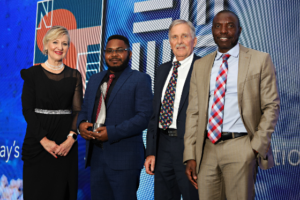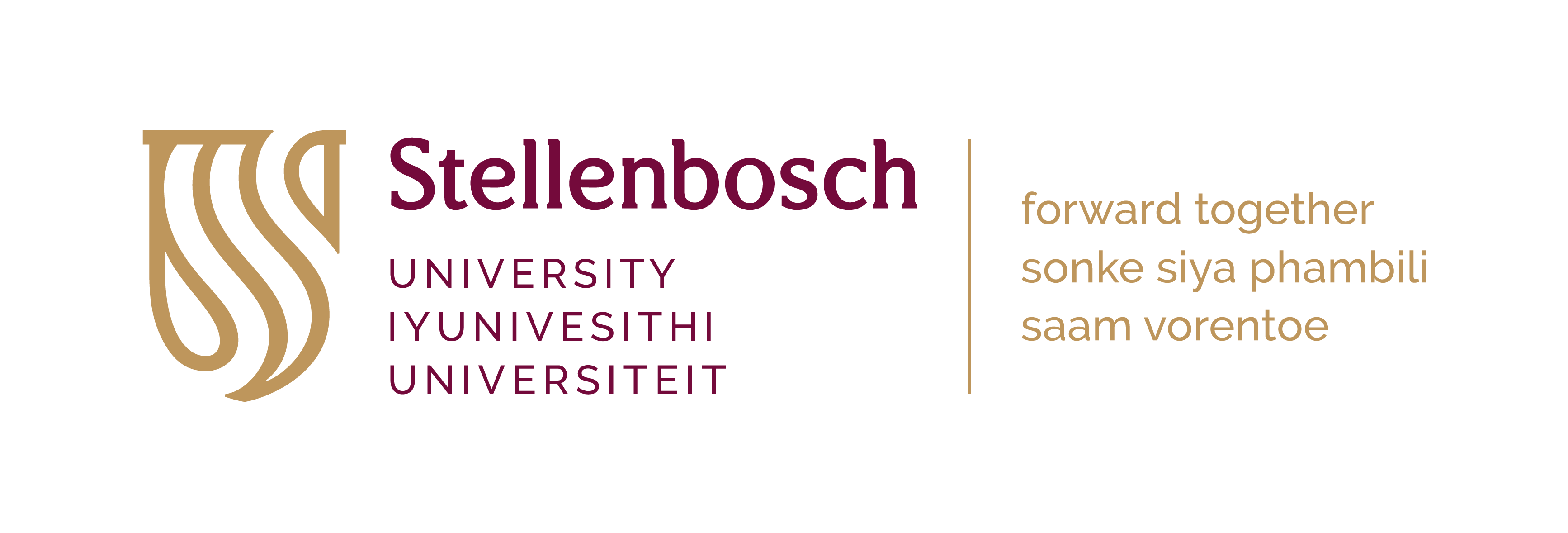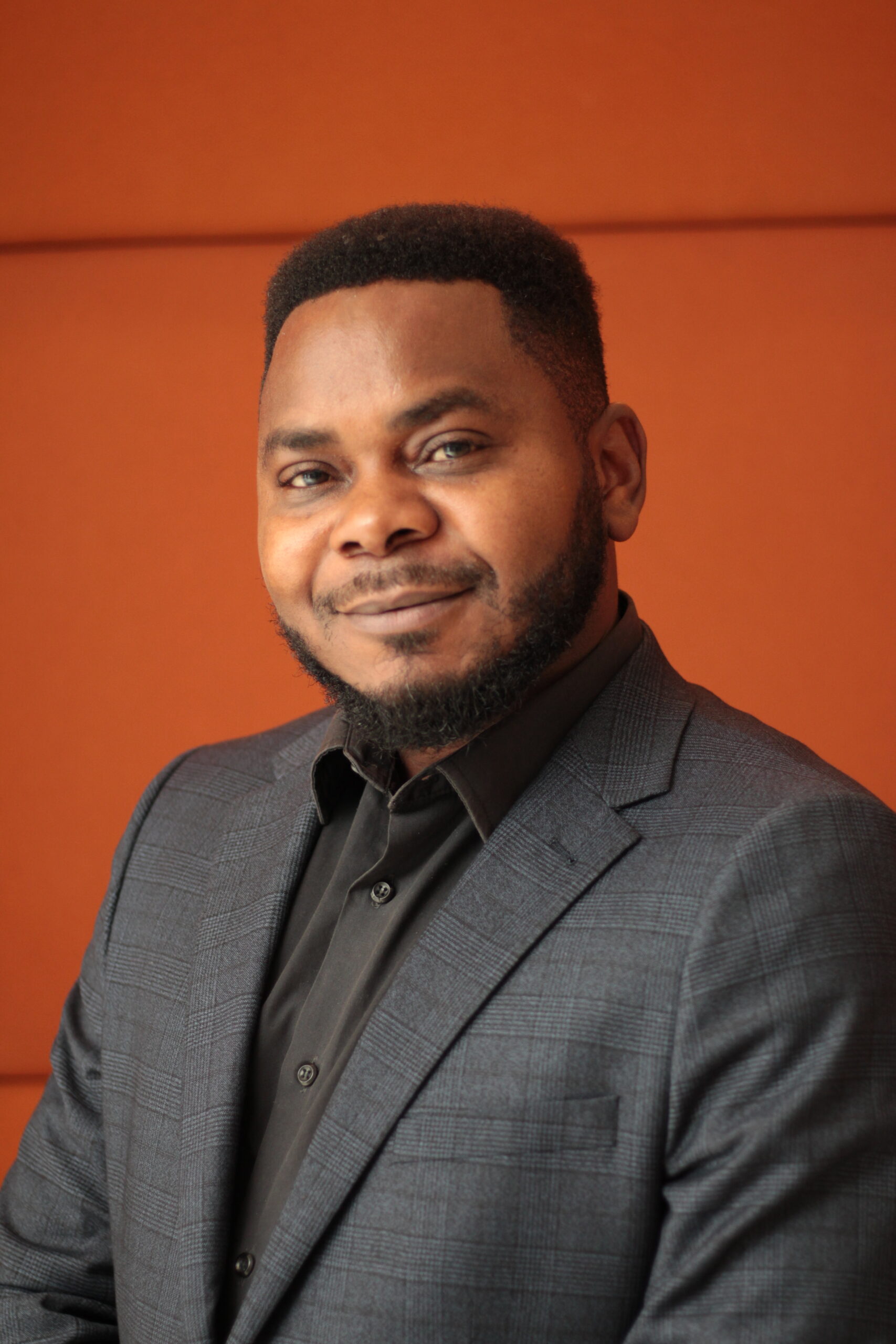Tuberculosis (TB) is an infectious but curable disease that is caused by a form of bacteria that attacks and damages the lungs. It can be easily passed to others through coughing or sneezing. Symptoms may include coughing, chest pain, fatigue, weight loss, and night sweats.
World TB Day, which is observed on 24 March every year, is designed to raise public awareness about the devastating health, social and economic consequences of the epidemic of TB and urge global efforts of eliminating the disease. The date marks the day in 1882 when Dr Robert Koch announced that he had discovered the bacterium that causes tuberculosis, Mycobacterium tuberculosis (MTB). At the time of Koch’s announcement in Berlin, TB was raging through Europe and the Americas, causing the death of one out of every seven people. Koch’s discovery paved the way towards diagnosing and treating this disease. TB should have been eradicated long ago, given the knowledge that we have of the bacterium.
The South African theme for the commemoration of World TB Day 2024 is “Yes! You and I Can End TB”, to encourage individual action to contribute to the national effort against TB. This theme emphasises the importance of people being accountable as individuals, taking charge of their own health as reflected in government’s National Wellness Campaign: Cheka Impilo objectives. The Cheka Impilo campaign targets included finding and putting at least 80 000 more people with TB and drug- resistant TB on treatment in 2019.
The esteemed recipient of the 2023 TW Kambule-NSTF Researcher Award of the NSTF-South32 Awards, Prof Novel Chegou has been conducting research on new tests that can assist in the rapid diagnosis of TB, especially in rural areas, as obtained in most African countries. Prof Chegou developed tests that measure multiple proteins in finger-prick blood and cerebrospinal fluid at once. He is a Professor in the Division of Immunology, Department of Biomedical Sciences, Faculty of Medicine and Health Sciences, at Stellenbosch University (SU).
Despite significant progress over the last decades, TB continues to be the top infectious killer worldwide, claiming over 1,5 million victims per year. The World TB Day is one of the eight official campaigns for global public health marked by the WHO (World Health Organization). South Africa (SA) has committed to reduce new TB cases by 80% by 2030, in accordance with Target 3.3 of the Sustainable Development Goals (SDGs), to end TB as an epidemic by 2030. In 2022, 280 000 people in SA fell ill with TB according to the new WHO data, down from 552 000 TB cases in 2015.
Advancing TB detection: Targeted Universal Testing for TB (TUTT) is an example of new targeted testing approaches, where patients visiting clinics around the country are offered tests whether or not they are showing any symptoms of TB. The findings of the first large study to test the TUTT approach in SA were presented at the Conference on Retroviruses and Opportunistic Infections last year, one of the top international conferences for HIV, TB and now also COVID-19 science. Conducted in over 60 large clinics in KwaZulu-Natal, Gauteng and the Western Cape, the strategy was found to result in a 17% increase in TB diagnosis in clinics compared to the existing approach. Rough estimations suggested that if TB diagnosis in SA overall were to be improved by 17%, there would be around 40 000 additional cases detected every year. This randomised testing and early detection will help prevent the ongoing spread of this disease in communities because relying on symptom screening misses countless TB cases.
 TW Kambule-NSTF Researcher Award winner: The NSTF celebrates Prof Novel Chegou, who won the prestigious 2023 TW Kambule-NSTF Researcher Award at the NSTF-South32 Awards, known as the ‘Science Oscars of SA’.
TW Kambule-NSTF Researcher Award winner: The NSTF celebrates Prof Novel Chegou, who won the prestigious 2023 TW Kambule-NSTF Researcher Award at the NSTF-South32 Awards, known as the ‘Science Oscars of SA’.
This award is sponsored with prize money by proSET (Professionals in science, engineering and technology), a sector of the NSTF representing about 50 professional and learned societies.
He received the prestigious award for his work which has focused mainly on the immunology of tuberculosis and the development of new tools for its management and conducting research on new tests that can assist in the rapid diagnosis of TB. Prof Chegou boasts over 90 health science papers published, but he continues fighting to improve TB diagnostics for little children who may be battling TB related illnesses. He recalls one particular hospital visit: “The way those children were sitting, with tubes inserted all over their bodies, it’s disheartening.” These children had meningitis related to TB. TB diagnosis can take up to two weeks, time that could have been used for rapid response treatment. Prof Chegou’s research is focused on developing rapid testing applications, with his prick test having been through trails in many places in Africa and Asia. His work with some of his postgraduate students has received international recognition. He concludes: “The interest shown by the Foundation for Innovative New Diagnostics (FIND) and other major companies so far, attests to the potential impact that these tests will have in the management of TB disease globally”.
Find out more about NSTF here.
Published originally on the NSTF News Newsletters & Media Releases platform.

